Attention filmmakers within the African movie industry: if you’ve been using music by artists and composers without securing their consent, be aware that this practice is illegal. To avoid costly legal issues and potential lawsuits, please continue reading for essential guidance on how to obtain music legally.
With the rise of African entertainment on platforms like Netflix and Amazon Video, ensuring legal music use has never been more crucial. Here are some strategies for obtaining music legally:
- Establish an In-House Music Team: This method is favored in countries like China and South Korea and can be a cost-effective solution. By having your own team of composers and musicians on staff, you avoid additional music budgets as your employees are already paid a set fee. Networks such as KBS in South Korea employ songwriters like PUNCH for drama scores. However, this approach limits you to the music created within your organization, which may not always offer the diversity or creativity you’re seeking.
- Utilize a Music Library: Think of a music library as a vast collection of music available for licensing. Many libraries offer set fees, eliminating the hassle of negotiation. While some libraries focus on classical or computer-generated music, there are also libraries like the Afro Soundtrack catalog, which features real artists and diverse sounds. This approach can provide you with a wide range of options, but ensure the library offers music that meets your needs.
- Hire a Composer: Hiring a composer can be a budget-friendly option, though it comes with risks. Lower fees may result in lower-quality music, as composers may not invest their best efforts into projects with limited compensation. Filmmakers should carefully consider their music budget to ensure they attract quality work.
- Engage a Music Supervisor: A music supervisor’s role is to curate and integrate music with your audiovisual project. They handle all aspects of music acquisition and are well-connected within the industry, which can be advantageous for securing music from labels and publishers. Although music supervisors can be costly, their expertise is invaluable, as evidenced by the success of projects like “Stranger Things,” which benefited from the work of Nora Felder.
- Collaborate with Sync Agents: Sync agents act as intermediaries between music providers and producers. They can be music publishers, record labels, or independent companies specializing in music acquisition. For example, Afro Soundtrack Ltd operates as both a music publisher and a sync licensing company with an in-house music supervisor. The advantage of working with sync agents who offer pre-cleared catalogs is that it streamlines the licensing process and avoids the delays and complexities of obtaining clearance from multiple parties.
- Contact Record Labels Directly: Engaging directly with record labels can be challenging. Labels are often slow to respond and may charge high fees for music licensing. It is usually more effective to work with professionals like music supervisors and sync agents who have established relationships with labels and can navigate these processes efficiently.
- Work with Music Publishers: Music publishers manage the rights for the music created by artists and can provide access to extensive catalogs. Although working with publishers is often more straightforward than dealing directly with record labels, the clearance process can still be time-consuming. Opting for pre-cleared music or ensuring the publisher has direct access to rights holders can help you avoid delays and complications.
In conclusion, staying informed about legal practices in the entertainment industry is essential. By using these strategies, you can ensure that your music is licensed properly, protecting yourself from legal trouble and enhancing the quality of your projects
Written by Afrosoundtrack
-
Recent Posts
-
-
Latest Posts
- Publishing vs Master Royalties Explained: What Every African Artist, Session Musician, Producer & Songwriter Must Know December 1, 2025
- The Real Difference Between a Music Publisher and a Music Distributor in Nigeria’s Music Business October 28, 2025
- How to Collect Music Royalties in 120+ Countries and How Afro Soundtrack Makes It Happen October 10, 2025
- Music Metadata Explained: The Key to Getting Paid in Nigeria’s Music Industry October 1, 2025
- The Complete Guide to Music Publishing for African Artists, Producers and Songwriters September 28, 2025
